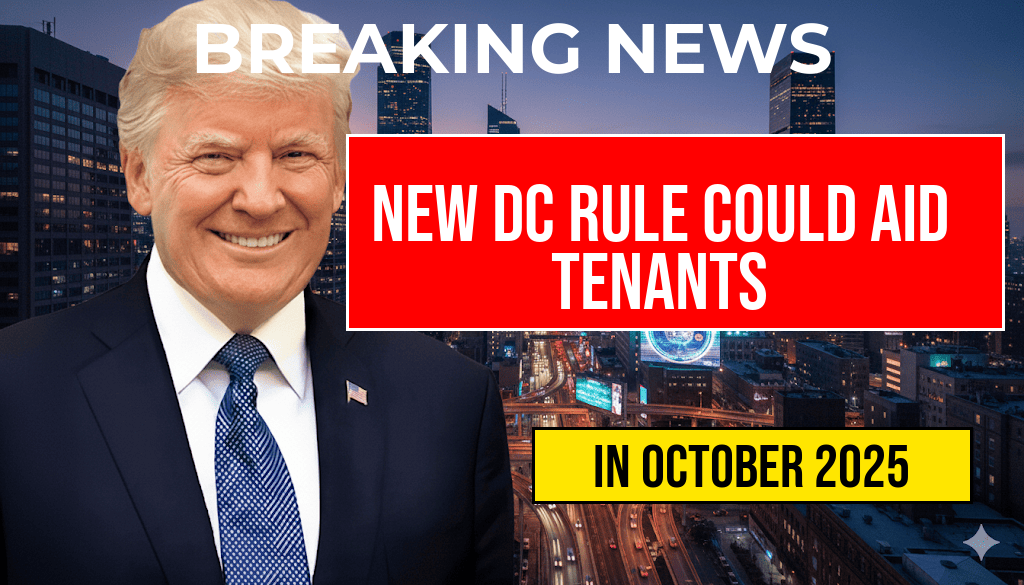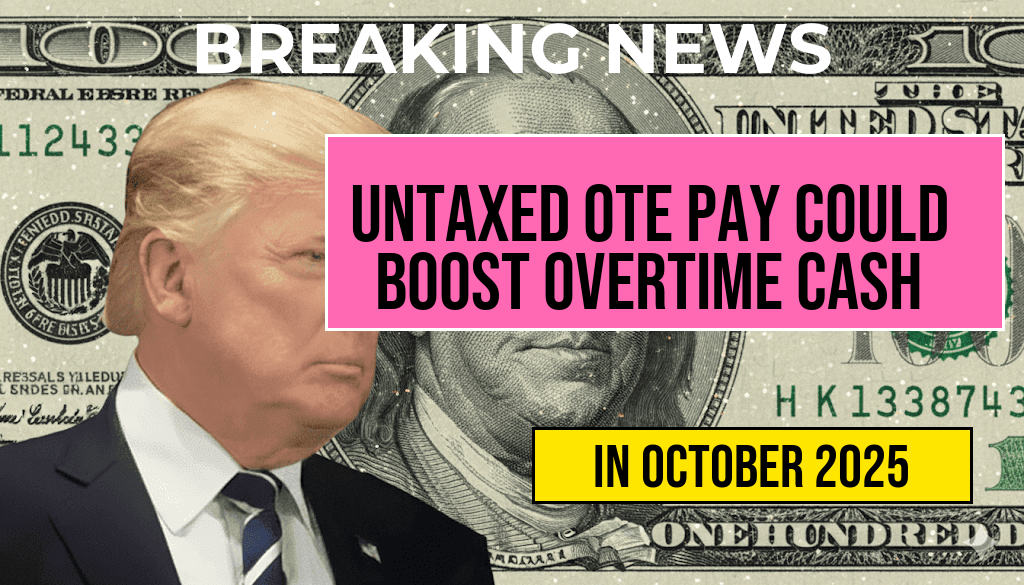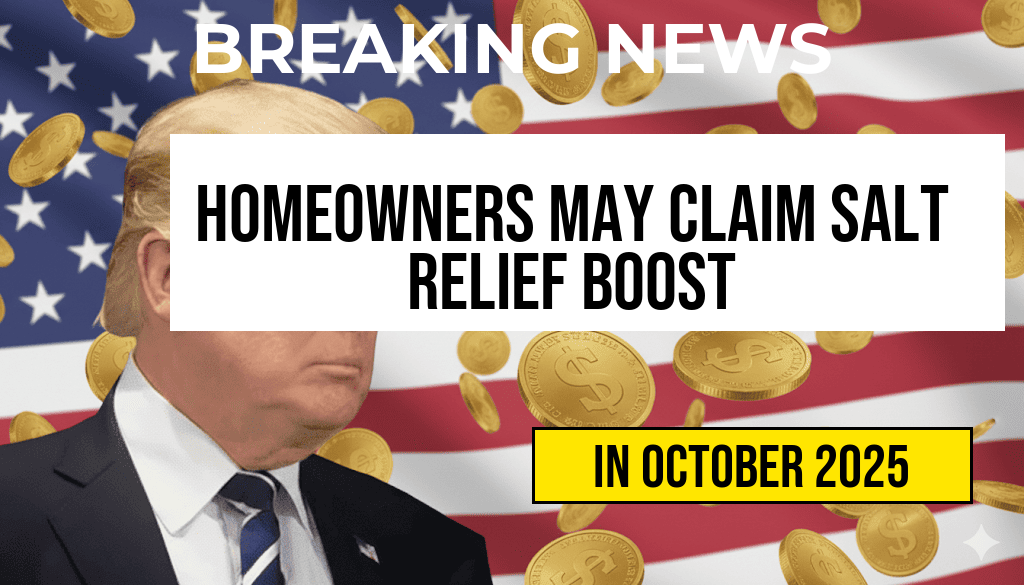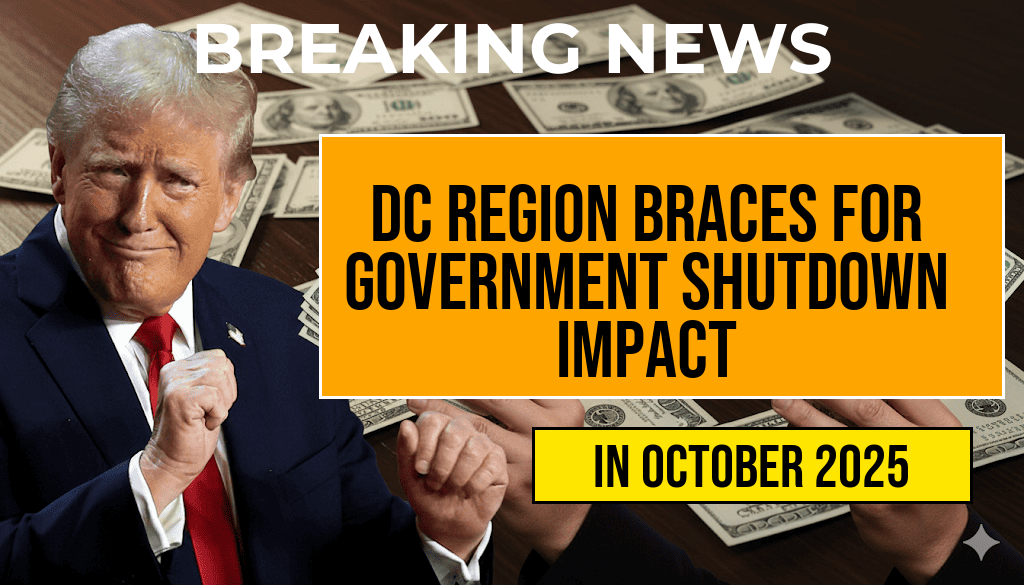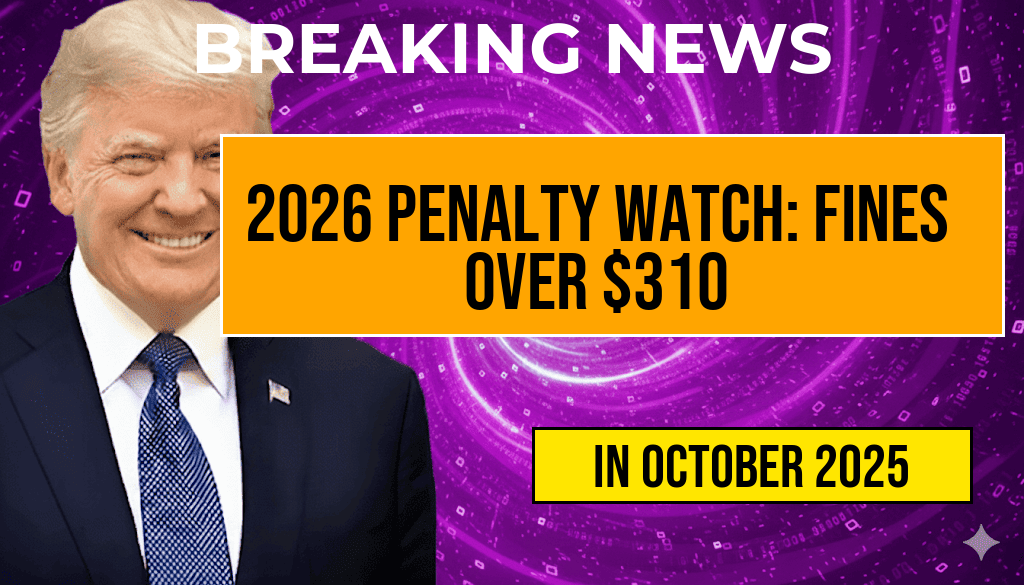The District of Columbia has recently implemented a new regulation aimed at protecting tenants from sudden utility shutoffs, potentially saving them between $200 and $500 in unforeseen fees. This initiative, which went into effect on March 1, 2024, mandates that utility companies provide tenants with advanced written notice before discontinuing services due to nonpayment. The measure is designed to enhance transparency and give residents a fair opportunity to address any outstanding balances, while also encouraging utility providers to explore alternative solutions to service disruptions.
Understanding the New Regulation
The new rule requires utility companies to send a notice to tenants at least 30 days prior to any service cutoff. This notification must include details about the outstanding amount due, the date of the potential disconnection, and information on how to avoid service interruption. The law applies to various utilities, including electricity, water, and gas, significantly impacting renters who often face precarious financial situations.
Key Provisions of the Rule
- 30-Day Notice Requirement: Utility providers must inform tenants of impending shutoffs at least one month in advance.
- Detailed Billing Information: Notices must clearly outline the total amount owed and how tenants can resolve their accounts.
- Payment Plans: Utility companies are encouraged to offer flexible payment arrangements to assist tenants in managing their bills.
Potential Financial Impact on Tenants
The financial implications of the new rule are significant. Experts estimate that tenants could save between $200 and $500, which are typical fees associated with utility reconnections after service disconnection. These costs can be particularly burdensome for low-income families and vulnerable populations, who may already be struggling to make ends meet.
Reactions from Advocacy Groups
Tenant advocacy groups have welcomed the new regulation as a positive step toward protecting renters’ rights. Organizations such as the National Low Income Housing Coalition have long argued for stronger protections against utility shutoffs, particularly during economic downturns. They believe that this regulation will not only help tenants avoid unexpected charges but also foster better communication between utility providers and residents.
Implications for Utility Companies
Utility companies are also adjusting to the new requirements. While the advance notice rule may increase operational costs initially, many providers are viewing it as an opportunity to improve customer relations. By implementing better communication strategies, utilities can work collaboratively with tenants to address payment issues before they escalate into service interruptions.
Challenges Ahead
Despite the positive aspects of this regulation, challenges remain. Some utility companies have voiced concerns about the potential for increased delinquency rates as tenants may feel less pressure to pay bills promptly. Balancing the need for reliable revenue streams with the need for consumer protection will be a critical focus for both regulators and utility providers moving forward.
Conclusion
The implementation of the new notice rule in Washington, D.C. represents a significant shift in tenant protection policies, offering substantial potential savings and increased security for renters facing financial difficulties. As the city continues to navigate the complexities of affordable housing and utility management, the effectiveness of this regulation will be closely monitored by both advocates and lawmakers.
Resources for Tenants
Tenants looking for assistance with utility bills or needing more information about their rights can access resources from the following organizations:
- DC Department of Housing and Community Development
- National Consumer Law Center
- Government of the District of Columbia
Frequently Asked Questions
What is the new DC notice rule regarding utility shutoffs?
The new DC notice rule requires utilities to provide tenants with prior notification before any shutoff occurs, allowing them to address potential issues and avoid unexpected disconnection fees.
How much money could tenants potentially save under this new rule?
Tenants could save between $200 to $500 in unexpected fees associated with utility shutoffs, thanks to the advance notice provided by utility companies.
Who does this new rule apply to?
This rule applies to all residential tenants in Washington, DC, ensuring that they receive timely notifications about potential utility disconnections.
What should tenants do if they receive a notice of a pending utility shutoff?
If tenants receive a notice, they should contact their utility provider immediately to discuss payment options or assistance programs to prevent the shutoff.
When will the new DC notice rule take effect?
The implementation date of the new DC notice rule is scheduled for January 1, 2024, giving utility companies time to adjust their notification processes.

